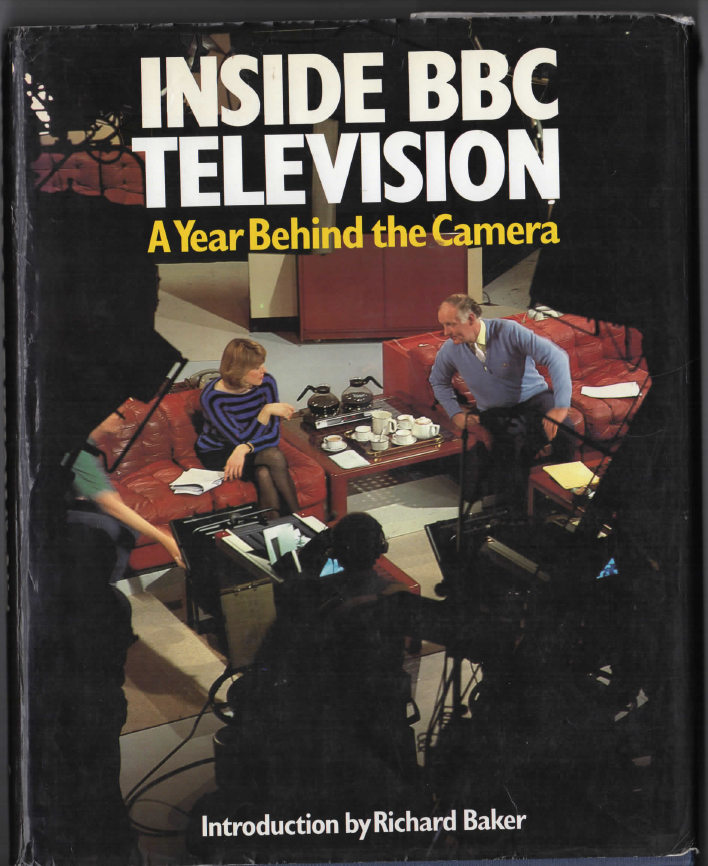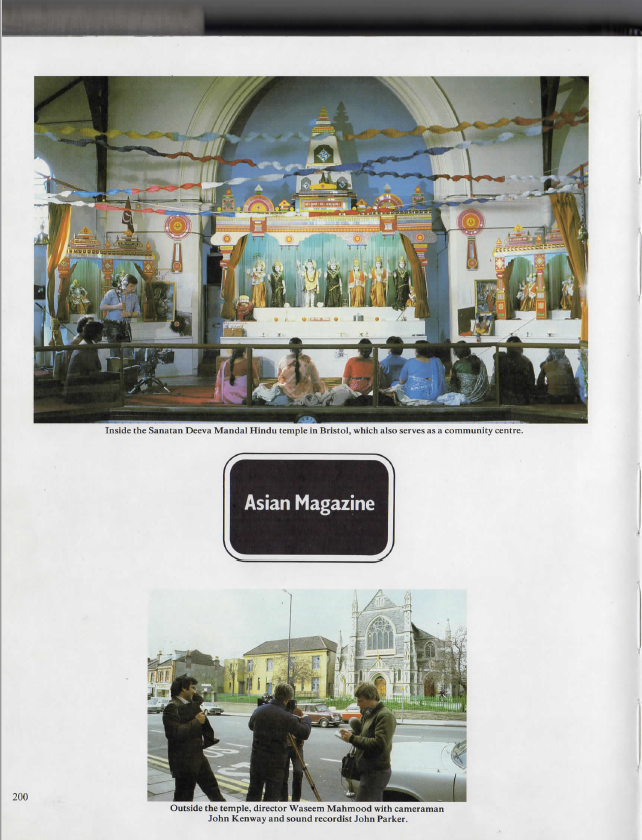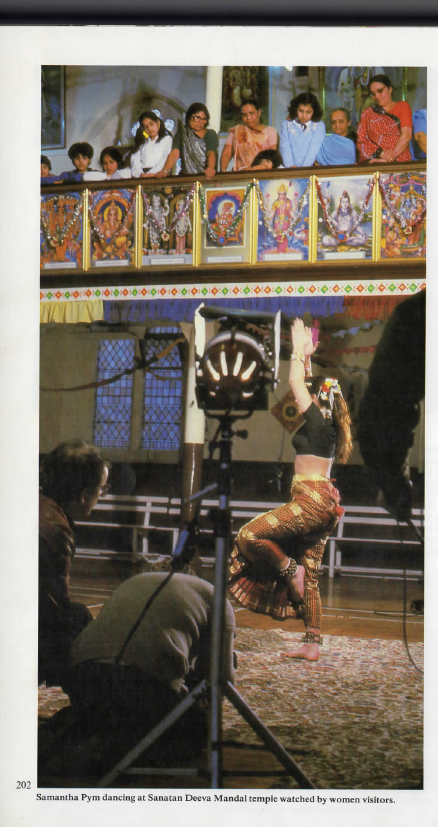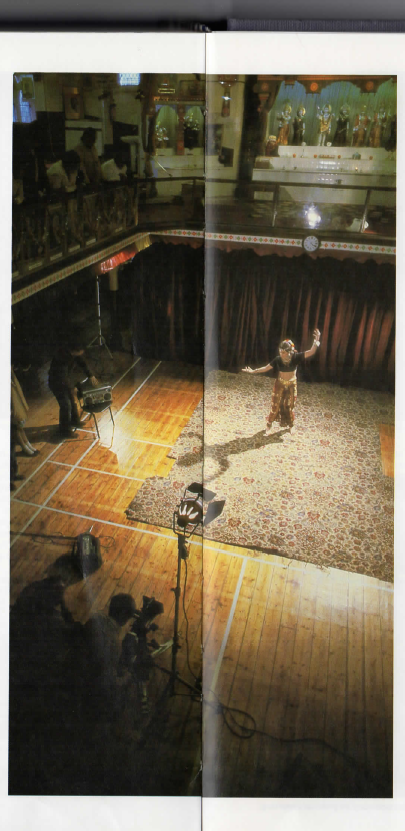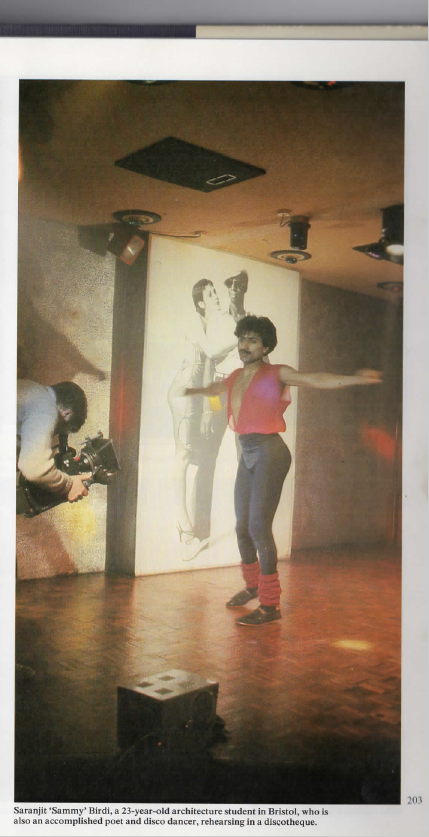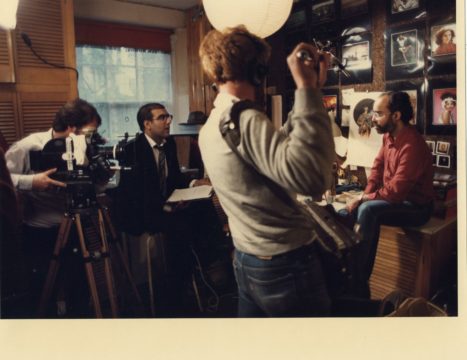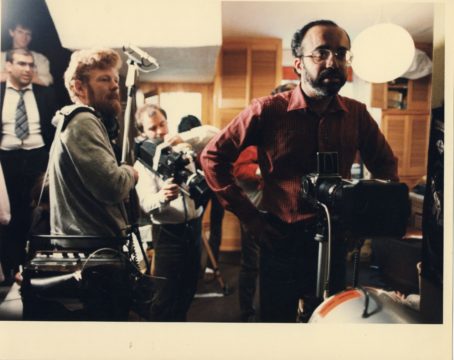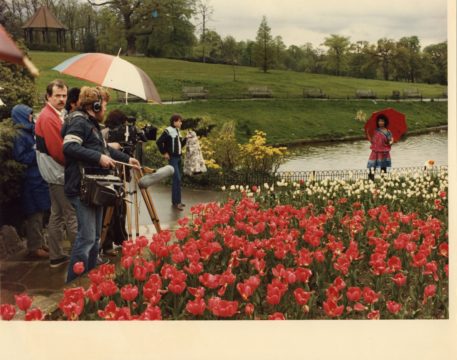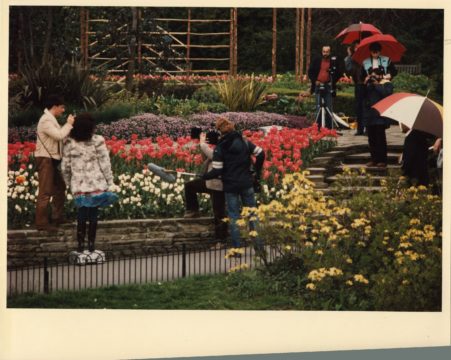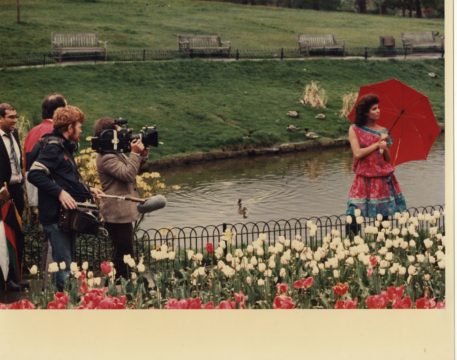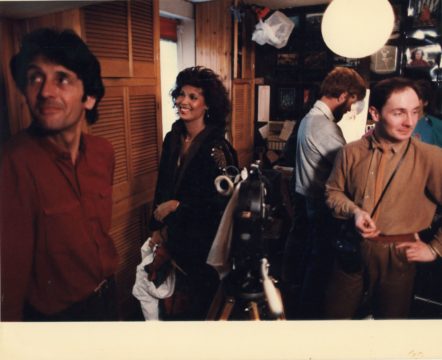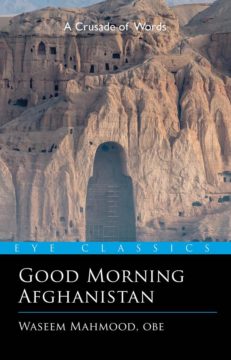 Waseem Mahmood worked at Pebble Mill for 8 years in the 1980s first on the Asian Programmes Unit and then on Farming. Life took him on a very different path after he left the BBC. Specialising in the reconstruction of media in post war countries, he found himself working in Bosnia, Kosovo, Afghanistan and Iraq to name but a few. Afghanistan was to be a turning point. When a dodgy kebab prevented him from being on the aircraft that crashed into the Pentagon on 9-11, it was to set in motion a series of events that sound like they come straight out of the pages of a thriller. It is a time of chaos… Afghanistan has just witnessed the fall of the Taliban. Warlords battle each other for supremacy, while the powerless, the dispossessed, the hungry and the desperate struggle to survive. In this time of bleakness, suffering and want, a glimmer of hope emerges in the form of a spirited little radio station.
Waseem Mahmood worked at Pebble Mill for 8 years in the 1980s first on the Asian Programmes Unit and then on Farming. Life took him on a very different path after he left the BBC. Specialising in the reconstruction of media in post war countries, he found himself working in Bosnia, Kosovo, Afghanistan and Iraq to name but a few. Afghanistan was to be a turning point. When a dodgy kebab prevented him from being on the aircraft that crashed into the Pentagon on 9-11, it was to set in motion a series of events that sound like they come straight out of the pages of a thriller. It is a time of chaos… Afghanistan has just witnessed the fall of the Taliban. Warlords battle each other for supremacy, while the powerless, the dispossessed, the hungry and the desperate struggle to survive. In this time of bleakness, suffering and want, a glimmer of hope emerges in the form of a spirited little radio station.
First published in 2007 and reissued as an Eye Classic, Good Morning Afghanistan is the inspirational true account of how an intrepid band of media warriors helped a broken nation find a voice through the radio.
It’s available for less than £10 on Amazon: https://www.amazon.co.uk/Good-Morning-Afghanistan-Crusade-Classics/dp/1785630245/ref=sr_1_3?ie=UTF8&qid=1493906568&sr=8-3&keywords=good+morning+afghanistan
